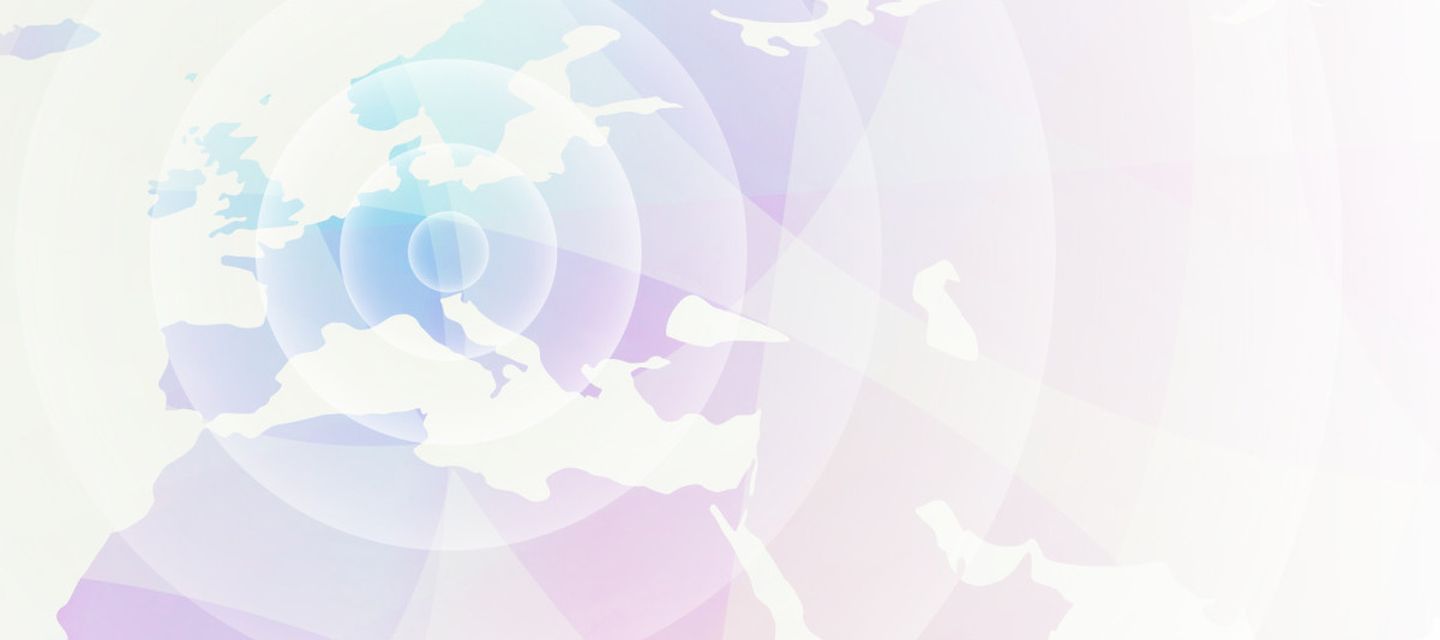
Europe’s Periphery at the Core
Almost twenty years after the accession of the first post-communist countries to the EU, Central and Eastern Europe (CEE) today is a crucial venue of Europe’s geopolitics. Not only do current events such as the war in Ukraine take place within the broader Eastern European sphere, but the member states of the region themselves have become ever more assertive and influential on a number of terrains.
This evening we discuss the changing political and economic significance of CEE . Their capacity to (re)draw international coalitions and their ascendency on the international stage more broadly raise different questions. Does increasing economic importance mean more political influence? How does the increasingly more significant relationship between Germany and Poland, despite its at times conflictual nature, affect the Franco-German axis? And what does the humanitarian and military role of CEE in the response to Russian invasion of Ukraine mean to NATO and EU politics?
To discuss these questions we bring together three excellent scholars with different backgrounds and specific expertise as regards CEE into an interdisciplinary conversation. This panel discussion is followed by a Q&A in which the audience can put forward its questions to the expert panel.
About the speakers
André Gerrits is a historian and Professor of International Studies at Leiden University. He was previously Professor of Russian Politics and History at the same university and Jean Monnet Professor of European Union Studies at the University of Amsterdam. Gerrits has worked at the Netherlands Institute for International Relations Clingendael and holds several administrative positions at (inter)national non-governmental organizations.
Ferenc Laczó is an Assistant Professor with tenure in history at Maastricht University, an editor at the Review of Democracy (CEU Democracy Institute) and István Deák Visiting Professor at Columbia University in 2023-24. He received his PhD from the Central European University in 2011 and was previously employed as a postdoctoral researcher at the Imre Kertész Kolleg Jena. He is the author or editor of twelve books on Hungarian, Jewish, German, European, and global themes.
Karolina Pomorska is an Associate Professor at the Institute of Political Science at Leiden University. She has previously worked at Maastricht University and University of Cambridge. Her main area of interest is foreign and security policy of the European Union with a special focus on its Eastern neighbours and the role of the member states from Central and Eastern Europe. She is currently co-writing a book on populist foreign policies and co-leads a project on the agency of the CEEs in International Relations.
Aleksandra Komornicka & Jasper Simons (moderators)
:rgb(-15)

:rgb(-25)

:rgb(8)
